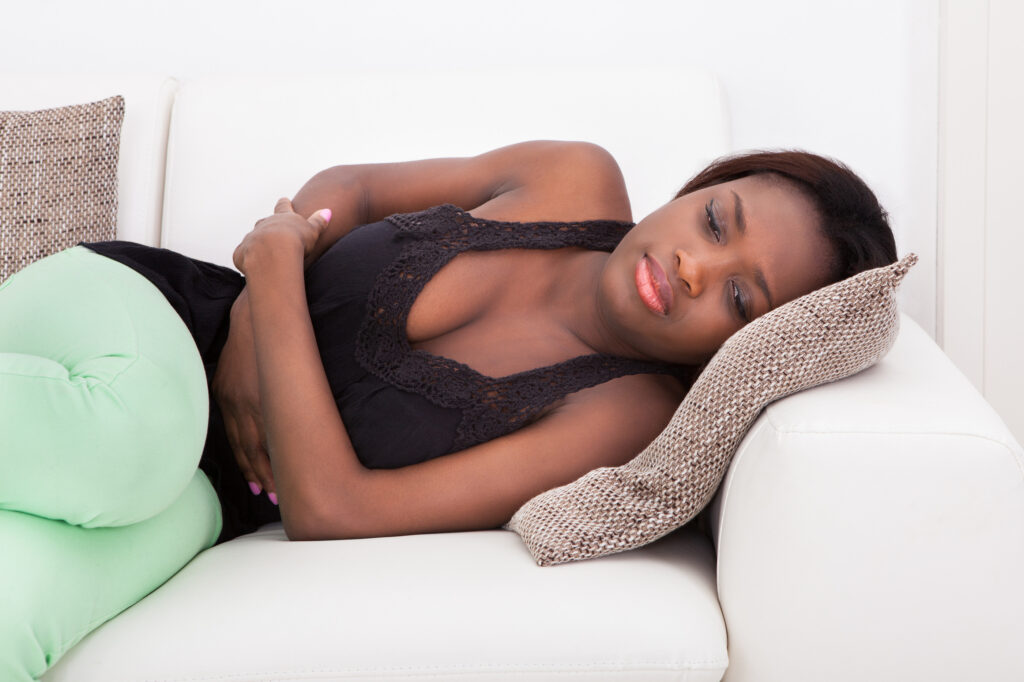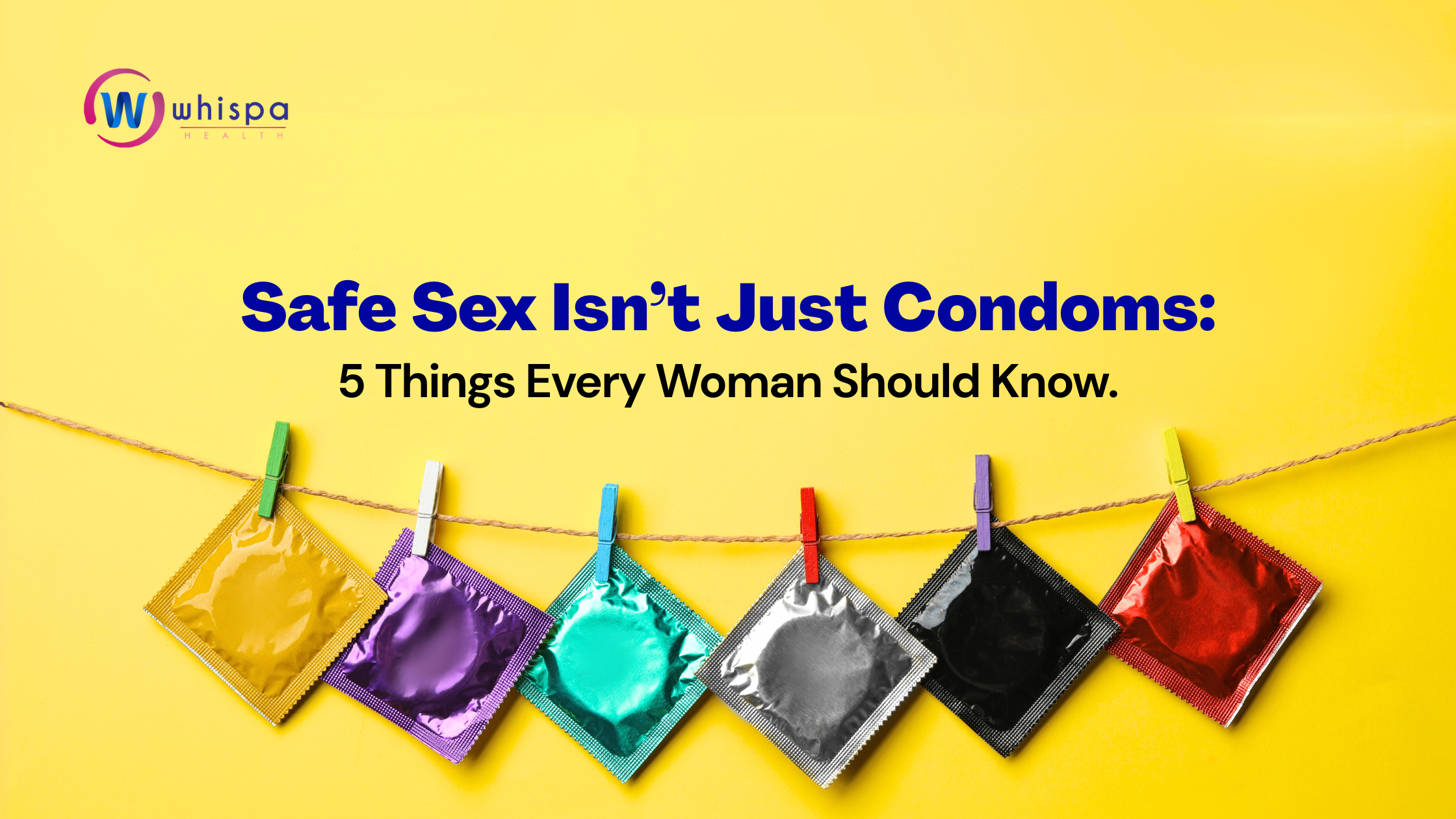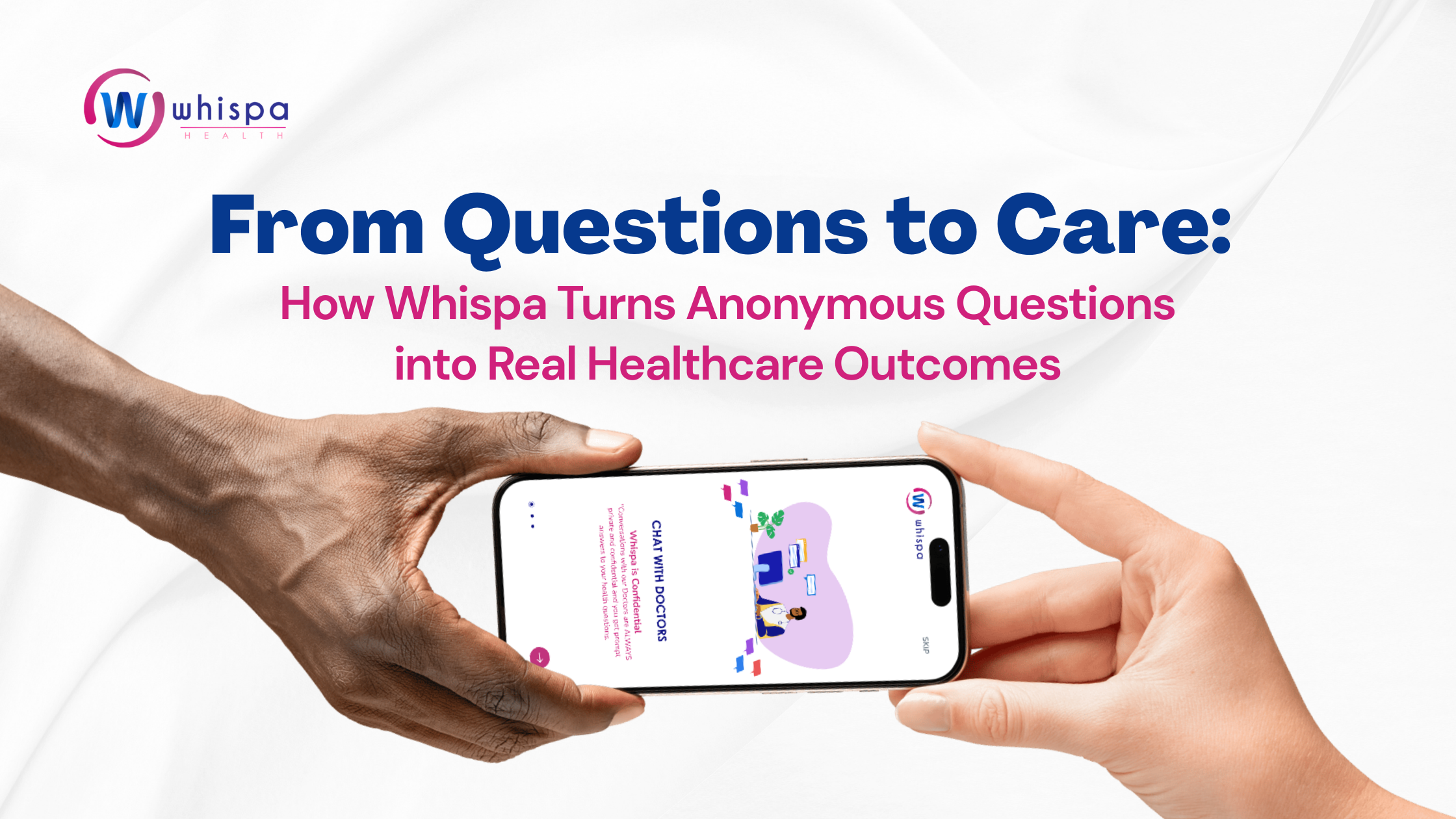By: Mara Sampson
Premenstrual Syndrome, commonly referred to as PMS (and sometimes incorrectly as premenstrual symptoms), is something that almost every girl and woman experiences at some point. It usually starts a few days before your period begins and eases off two to three days after your period has begun.
PMS is characterized by mood swings, irritability, depression, water-weight gain, food cravings linked to hormone levels and blood sugar levels fluctuating, as well as intense fatigue. Some women only have mild PMS with a few symptoms, others find that using contraceptives lessens their effect. Then there are the unlucky ones who suffer from all the symptoms every month. And then, to add to the list, there’s constipation caused by hormonal changes!
If you suffer from constipation when you have PMS keep reading to find out why and what you can do to change this.
What Is Constipation?
Constipation is fairly unpleasant to deal with and is defined as someone having less than three bowel movements a week. However, in some people, this is entirely normal, especially if they tend to not consume adequate liquids or fiber in their daily meals.
The telling symptoms are if your poop is dry, you’re constantly straining with no relief, or you’re not having three bowel movements a week.
These three things make it fairly clear that you’re suffering from constipation—and likely also bloating thanks to a buildup of gas.
How PMS And Constipation Are Connected
During PMS, constipation is a likely occurrence, especially if you’ve allowed yourself to become a little run-down or have eaten foods that aren’t particularly fiber-rich.
Constipation can also occur if you’ve avoided exercise or haven’t drunk enough fluids to remain adequately hydrated. The hormones, estrogen and progesterone each take a turn to become dominant leading up to the time of menstruation. As these hormones have different functions during the menstrual cycle they could also each be the culprit behind your constipation.
Right before menstruation begins is the luteal phase of your menstrual cycle. This is where progesterone is dominant and it causes a relaxation of the muscles of your digestive tract. The relaxation of the digestive tract has led some scientists to believe that this slows down the rate at which digestion occurs, and if you throw in some sugary food cravings, it could be that the stomach and intestines don’t work as efficiently as they should. Which, in short, could lead to things getting backed up a bit.
Other scientists believe that estrogen is to blame since it can cause a delay in gastric emptying, as well as the fact that estrogen weakens the pelvic floor which can lead to difficulty in pushing out poop.
Then, there are wellness coaches and nutritionists who think that monthly constipation during PMS is caused by your body being unable to regulate a consistently bad diet and your system ‘crashes’ before and during your period.
Regardless of whether it’s diet related or the blame lies with your hormones, it’s just really frustrating to have to sit and deal with a backed-up backend. Especially if it’s becoming a regular, and unwelcome, PMS occurrence.
So, what exactly is it that you can do?
Change Your PMS Diet
During PMS if you find that you’re more backed up than usual or are having difficulty in passing a stool, then it’s high time that you take some proactive action. Going the folk remedy way and having prune juice on hand can’t hurt, and things such as beetroot greens added into your diet (they can be sautéed in place of spinach) can also help flush you out since they stimulate peristalsis.
Another fix for constipation is increasing your fiber intake with foods such as apples, raspberries, oats, chia seeds, carrots and broccoli during your premenstrual phase. If you need something a bit stronger to help you out, then having a few mild laxatives on hand may help—just don’t overdo it and cause a reverse issue.
Tips For Avoiding Constipation During PMS
If you find that you’re regularly becoming constipated around the time of your period, then it’s worthwhile eating foods and drinking liquids to help you avoid it. It’s also a good idea to add some kind of fun exercise or additional movement into your daily life to get things moving down below.
Try these tips to feel better when that time of the month hits:
- Avoid nicotine, caffeine, or alcohol.
- Consume more fiber-rich foods, eat plenty of protein to maintain blood sugar levels and avoid sugar cravings in your PMS phase.
- Ensure you drink liquids such as clear broth soups, fruit juice, herbal teas, and water to maintain hydration.
- Taking probiotics and additional vitamins prior to your period will also help keep your body nourished with all it needs to have a healthy period without becoming constipated.
- Do yoga, Pilates, go for a jog or a walk, or do just about anything that gets you moving (yes, sex counts too!). Exercise also helps with period cramps so it’s good for you in so many ways.
Make PMS-related constipation part of your past. Give these tips a try and stop getting backed up during your cycle. Just remember that if your symptoms persist you should always book an appointment to chat with a Doctor. You may need a little medical advice to help you navigate your cycle more comfortably.







